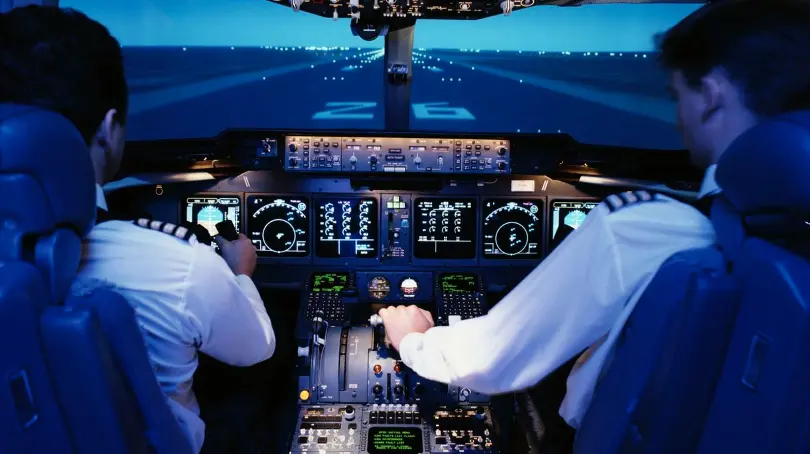Assessing risk is only part of operating safely as a pilot. After assessment, the other half of the equation is mitigating that risk.

There are several checklists pilots can use to mitigate risk when flying. One them is the IMSAFE checklist. The IMSAFE checklist is used by a pilot to determine his/her physical and mental readiness for flying:
- Illness—Are you sick? Illness is an obvious pilot risk. A pilot should avoid operating an aircraft when having any sinus, ear, or throat issues.
- Medication—Are you taking any medicines that might affect your judgment or make you drowsy? Pilot’s should be aware of any side affects of over-the-counter or prescription medication. If you are unsure if any medication is safe or allowed, talk to an AME.
- Stress—Are you under psychological pressure from the job? Do you have money, health, or family problems? Stress causes concentration and performance problems. While the regulations list medical conditions that require grounding, stress is not among them. The pilot should consider the effects of stress on performance.
- Alcohol—Have you been drinking within 8 hours? Within 24 hours? As little as one ounce of liquor, one bottle of beer, or four ounces of wine can impair a pilot’s flying skills. Alcohol also renders a pilot more susceptible to disorientation and hypoxia. Remember the official FAA rule is 8 hours “bottle to throttle,” or below 0.04 blood alcohol content (BAC).
- Fatigue—Are you feeling tired and not adequately rested? Fatigue continues to be one of the most insidious hazards to flight safety, as it may not be apparent to a pilot until serious errors are made. Mental and physical fatigue should both be taken into consideration.
- Eating/Emotion—Have you eaten today? Are you hydrated? In general, how are you feeling? Are you emotionally upset? Are you exhibiting any hazardous attitudes?
Setting personal minimums is crucial as a pilot. At times a pilot may find themselves in a situation where they are not breaking any regulations, but where they may be running unnecessary risks. In other words, it may be legal, but it might not be safe or smart. The IMSAFE checklist helps to avoid running unnecessary risks.
Commit the IMSAFE checklist to memory! It will prove useful to you whether you simply fly recreationally on occasion, or have a career in aviation.
By Engine Sales Representative, Joshua Denton
YOU MAY ALSO LIKE:
Understanding the Aircraft Spark Plug - When it comes to the intricate machinery of aircraft engines, even the smallest components play a crucial role.
A Pilot's Guide to Pre-Flight Checks - This guide provides an in-depth exploration of the nuances and intricacies of pre-flight inspections, empowering you to perform them with absolute confidence.
Pilot Certifications Part 1: Sport Pilot Certificate - Each type of pilot certificate has different eligibility, training, experience, and testing requirements.
*SHOP ENGINE PARTS HERE!*
Find What You Need at Air Power Inc.!
Questions? Our team is ready to assist you anytime. Your aviation success starts at Air Power!
CONTACT US






